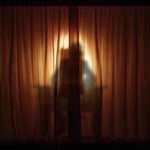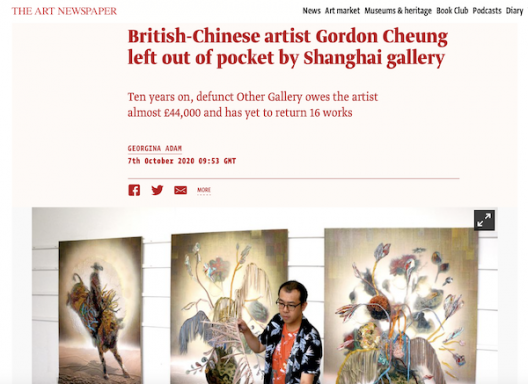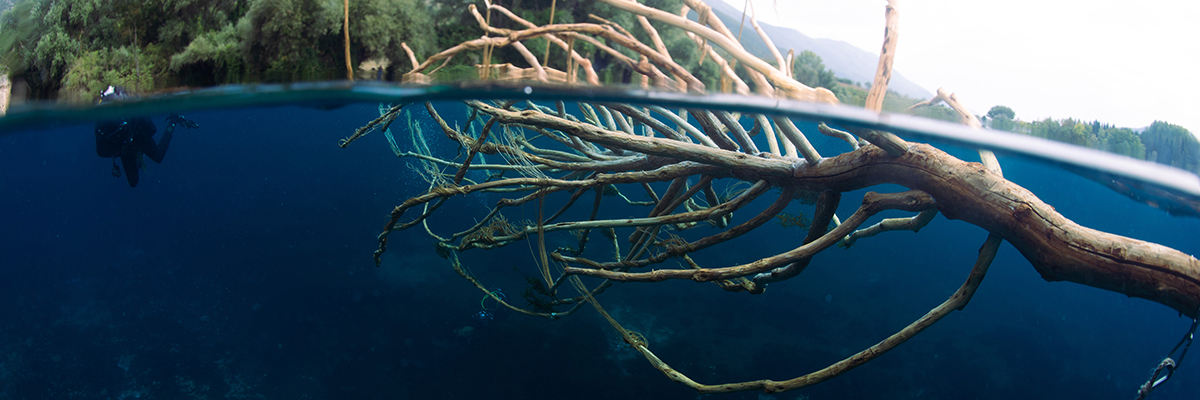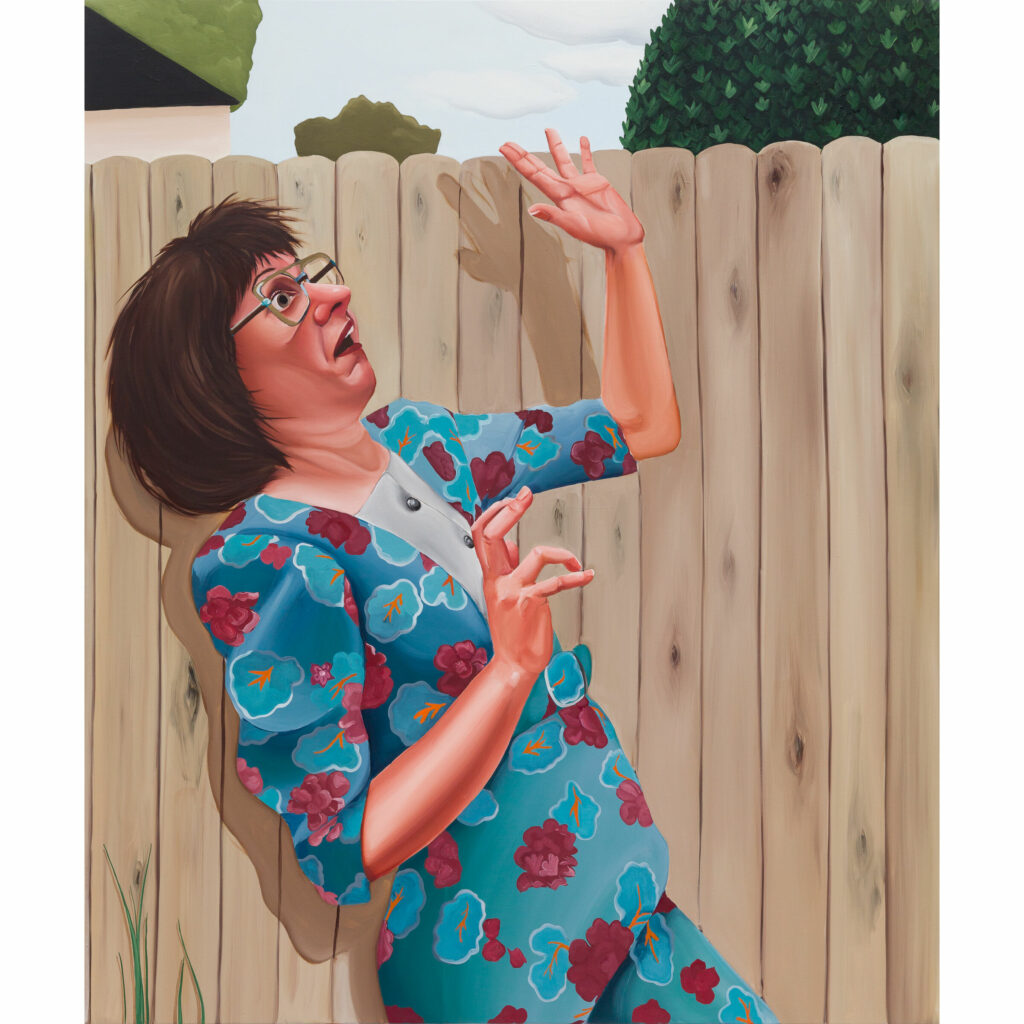Samba em Paris
2022 - Drawing & Print (Drawing & Print)
70 x 50 cm
Laís Amaral
Laís Amaral abstract paintings dialogue with the feminine power. Just like the flow of a river, Laís produces her paintings as a flux that emerges from within, an inner force that relates to all the women in her life, family, and ones who know the medicinal powers of nature; who are part of this feminine force latent in the earth. In order to discover elements about herself, Laís Amaral understands painting as a gesture of leakage. The artist uses painting as a vehicle through which to explore possibilities from spiritual to ancestral aspects. In Samba em Paris , the artist understands mistakes as an exercise of letting go; through this, she created her scraping technique. Whenever she attempts something she doesn’t like, she overpaints the canvas in a different colour from what was there. By allowing herself to make mistakes, by allowing herself to experiment, Laís builds her vocabulary, escaping from rigid linearity and seeking to discover pleasure in disobeying and contradicting the traditional expectations of abstraction.
Laís Amaral is a self-taught artist who understands herself as an artist, while also part of the collective atelie Trovoa, co-founded by the artist and four other women. Dedicated to the production of black women and those who live on the margins of urban spaces, the collective emerged as a network to strengthen, motivate, and open new perspectives on contemporary art, both in terms of consumption, and in terms of being active in the production of content. Laís dedicates most of her time to painting, her practice explores possibilities towards the contemporary environmental collapse in what she calls desertification and “whitening” in territories across Brazil . Reflecting on the presence of her body in these spaces, Laís compares this desertification landscape as a subjective desert within herself.
Colors:
Related works sharing similar palette
» see more

© » KADIST
Joana Hadjithomas & Khalil Joreige
2017Produced for the Prix Marcel Duchamp and presented at the Centre Pompidou in October 2017, the installation Unconformities is comprised of photographs, archaeological drawings, and narratives, based on the analysis of core samples from different sites in Beirut, Paris and Athens...

© » TWOCOATSOFPAINT
Andy Meerow, medium cool – Two Coats of Paint Andy Meerow, installation view of Slanted Andy” at Derosia Contributed by Jonathan Stevenson / In Haskell Wexler’s iconic 1969 counterculture film Medium Cool , John Cassellis, a cold-eyed TV photojournalist played by the great Robert Forster, has internalized the notion of television as a “cool” medium in the McLuhan-esque sense of requiring viewers to search for context in order to understand what they are seeing...
Related works found in the same semantic group
» see more

© » ARTS EQUATOR
Women making history: Snow Whitening Revisited | ArtsEquator Thinking and Talking about Arts and Culture in Southeast Asia Articles Anders Jiras February 10, 2021 By Brian Toh (814 words, 4-minute read) Snow Whitening Revisited presents an allegory on being a female artist in Cambodia, playing with imagery that evokes visceral feelings of clinging, and a sense of embodied helplessness that pays tribute to both cultural heritage and a deep historical trauma...

© » ARTS EQUATOR
Confronting Truths in Ho Tzu Nyen’s “The Mysterious Lai Teck” | ArtsEquator Thinking and Talking about Arts and Culture in Southeast Asia Articles Courtesy of the artist May 2, 2019 By Patricia Tobin (736 words, 3-minute read) Spoiler Alert: This review contains spoilers for The Mysterious Lai Teck , which will run from 17 to 19 May at the Singapore International Festival of Arts...




